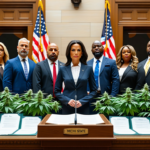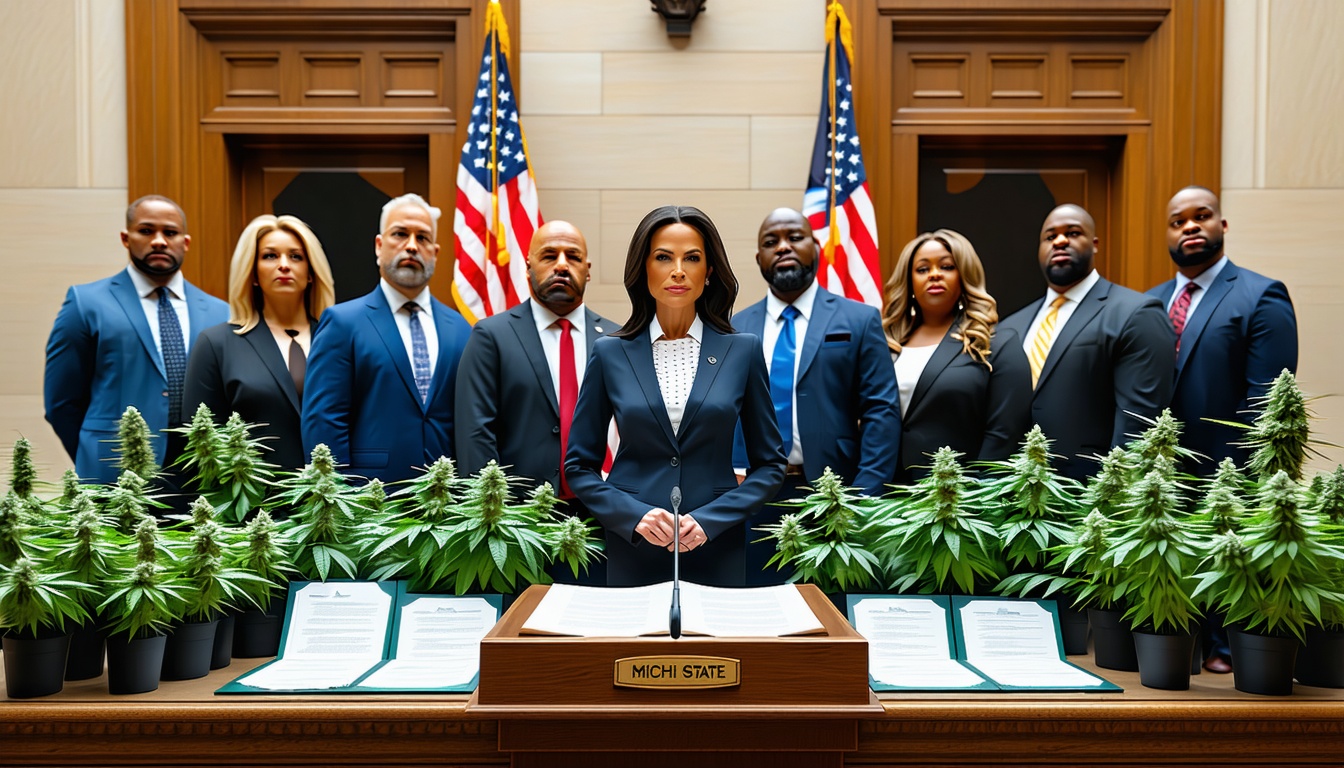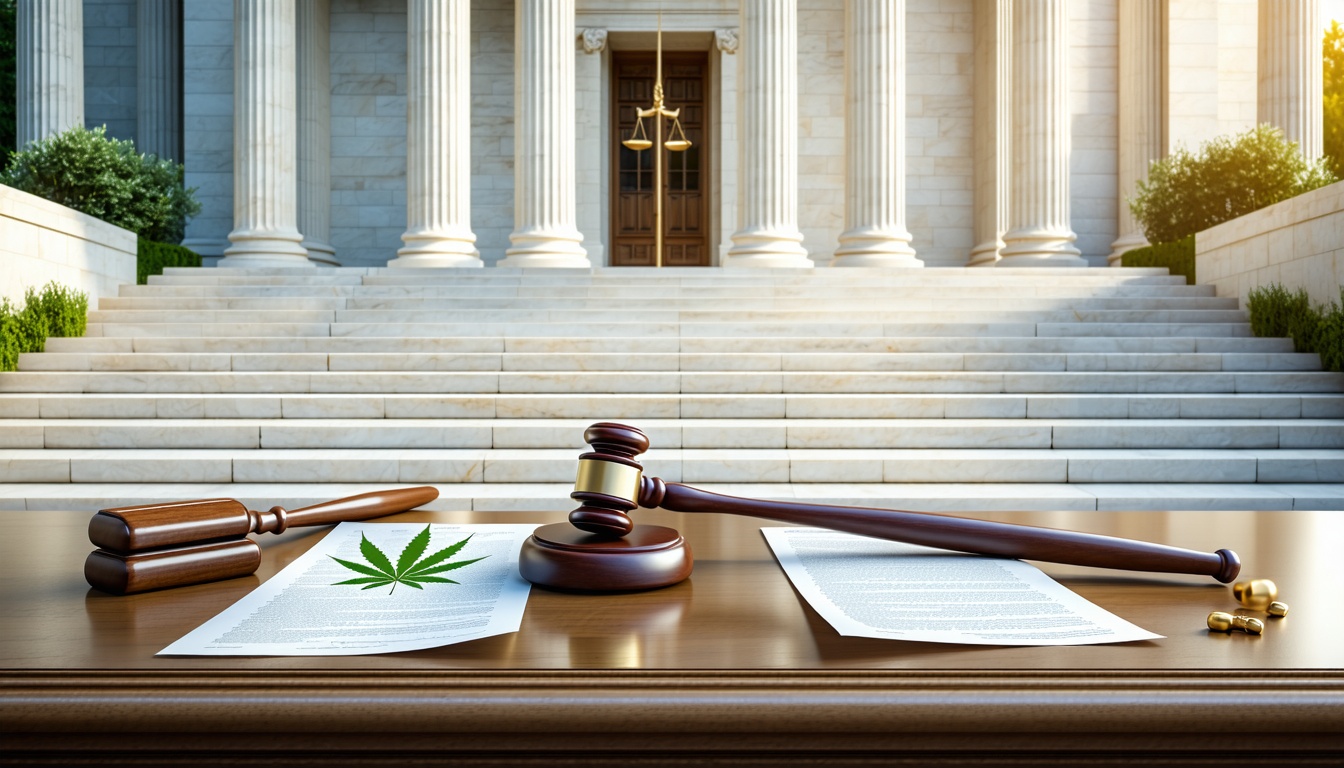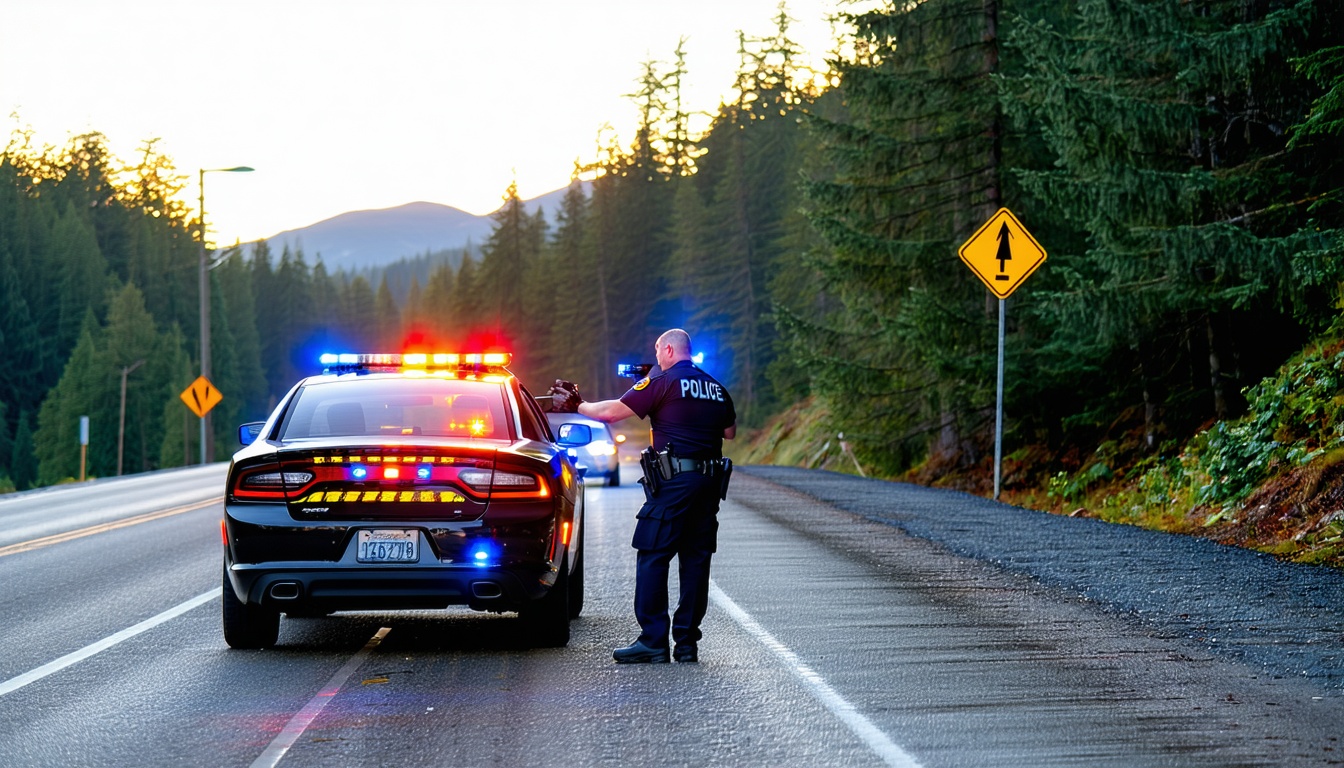Maryland Governor Signs Cannabis Bills to Legalize Homemade Concentrates, Consumption Lounges, and Shield Conviction Records
Maryland Governor Wes Moore has signed a series of cannabis bills into law, including measures to legalize homemade concentrates, establish rules for consumption lounges, and shield conviction records for low-level marijuana offenses.
The legislation, which took effect on Tuesday, allows adults to manufacture marijuana edibles and concentrates for personal use. The bill also clarifies policies around on-site cannabis consumption businesses, including the requirement that such businesses operate as food service facilities and offer non-infused food products.
In addition, the law shields records for low-level marijuana convictions that have been pardoned by the governor, making it easier for individuals to expunge their criminal records. The legislation also expands the range of offenses eligible for expungement and removes the requirement that individuals complete parole or probation before petitioning a court to erase their records.
Maryland Governor Wes Moore signed the bills into law, stating that the reforms are necessary to address the harm caused by decades of cannabis criminalization in the state. “Marylanders who have served their time and turned their lives around are being unfairly blocked from jobs, housing, and opportunity—and that doesn’t just hurt them, it hurts all of us,” Moore said.
The legislation is part of a broader effort to reform Maryland’s cannabis laws and promote social justice. The state’s legalization law, which was enacted in 2020, allowed adults to possess and consume marijuana for recreational use, but it did not address the issue of expungement or provide clear guidelines for the operation of cannabis consumption lounges.
The new law also includes a provision that allows medical cannabis dispensaries to continue delivering marijuana products to patients until July 1, 2026, and permits the transfer of marijuana business licenses to employees through an employee stock ownership plan.
The legislation is seen as a step forward in the state’s efforts to address the harm caused by cannabis criminalization and promote social justice. “By creating a more efficient and accessible pathway for individuals to expunge cannabis-related convictions and seek post-conviction relief, this bill is a crucial step in addressing the harms caused by decades of cannabis criminalization in Maryland,” said Liz Budnitz, lead counsel with the Last Prisoner Project.
The bill is also seen as a positive step for the cannabis industry, which has been growing rapidly in Maryland. The state’s cannabis market is expected to continue to expand in the coming years, and the new law is seen as a way to promote social justice and fairness in the industry.












